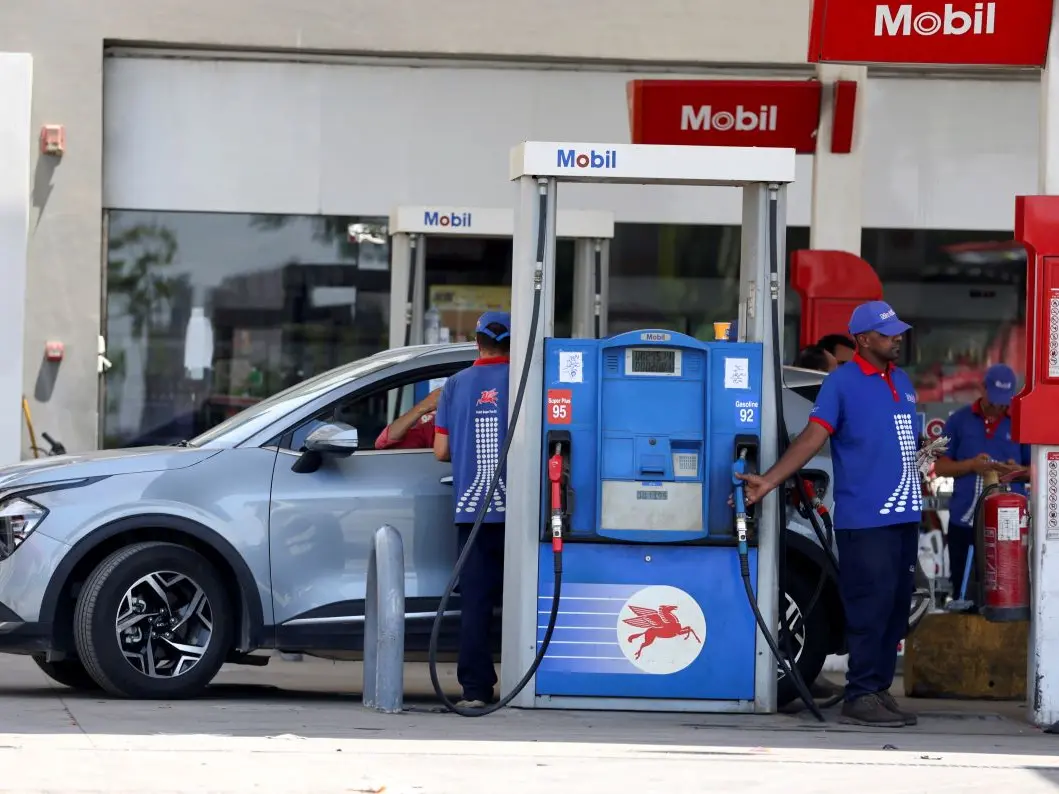
In 2025, Egypt raises fuel prices for the first time as the IMF mandates reductions in subsidies
For the first time in 2025, Egypt has increased petrol prices in response to IMF-mandated reductions in subsidies.
In accordance with the conditions of its $8 billion loan arrangement from the International Monetary Fund (IMF), Egypt has cut fuel subsidies by up to 15%, the first price increase of 2025. Applying to a range of fuel items, the price hikes, which range from 11.76% to 14.81%, come after the IMF approved a $1.2 billion payout in March following the conclusion of Egypt’s loan program’s fourth review.
A month before to the rise, the IMF had called on Egypt to reduce its energy subsidies in order to reach cost recovery by December. After years of political unrest, Egypt entered into a $12 billion IMF loan deal in 2016 to stabilize its economy, and this is the most recent phase in a larger economic restructuring program. Egypt has started implementing the deal by increasing its social safety nets and reducing subsidies for food, power, and fuel.
Diesel fuel, which is an essential commodity in the nation, increased in price by 2 Egyptian pounds per liter, from 13.50 to 15.50 pounds. Additionally, the cost of fuel increased, with 92 octane gasoline going up to 17.25 pounds per liter, 95 octane to 19 pounds, and 80 octane gasoline to 15.75 pounds per liter. Butane cooking gas also became more expensive, going from 150 to 200 pounds each cylinder.
The government would continue to subsidize diesel, but not at full cost recovery, and will endeavor to cut petroleum subsidies by the end of the year, Prime Minister Mostafa Madbouly promised, notwithstanding the spike. The government of Egypt continues to spend a substantial amount on fuel subsidies, paying almost 10 billion Egyptian pounds ($197.7 million) per month, even though prices have increased several times in 2024.
Decreased natural gas production and a drop in Suez Canal revenues, a major source of foreign exchange, have made the nation’s economic problems worse. These elements have put further strain on Egypt’s economy, as has a declining supply of currency. Additionally, the government had to ask the IMF for a 46-month extension of its loan in order to deal with the lack of foreign currency, which has delayed port operations and economic activity.
Since early 2022, Egypt’s currency, the pound, has lost over two-thirds of its value in relation to the US dollar as a result of the continuous revisions. But even with the hikes, fuel prices in Egypt are still among the lowest in the world, underscoring the ongoing economic difficulties the nation confronts in striking a balance between the need to alleviate the financial burden brought on by a shortage of foreign exchange and the reduction of subsidies.
All Categories
Recent Posts
Tags
+13162306000
zoneyetu@yahoo.com



